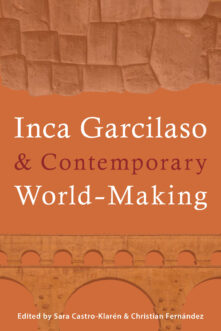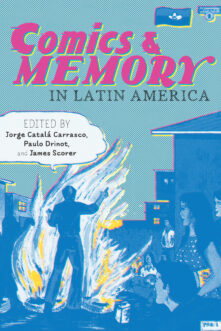Books
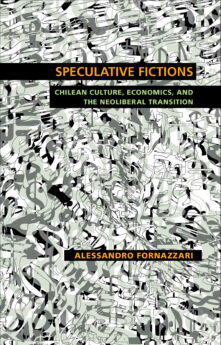
Speculative Fictions
Chilean Culture, Economics, and the Neoliberal Transition
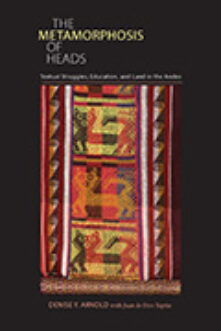
The Metamorphosis of Heads
Textual Struggles, Education, and Land in the Andes
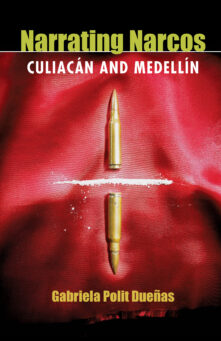
Narrating Narcos
Culiacán and Medellín
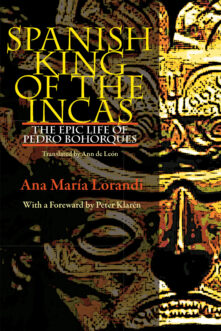
Spanish King Of The Incas
The Epic Life Of Pedro Bohorques
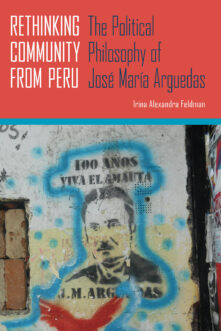
Rethinking Community from Peru
The Political Philosophy of José María Arguedas
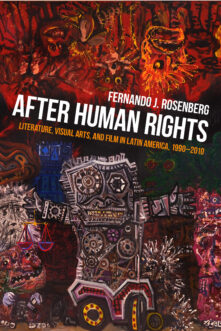
After Human Rights
Literature, Visual Arts, and Film in Latin America, 1990-2010
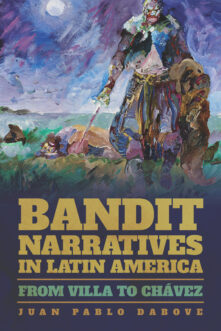
Bandit Narratives in Latin America
From Villa to Chávez
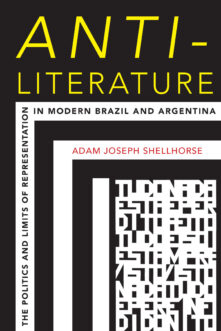
Anti-Literature
The Politics and Limits of Representation in Modern Brazil and Argentina
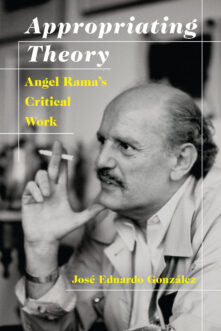
Appropriating Theory
Angel Rama's Critical Work
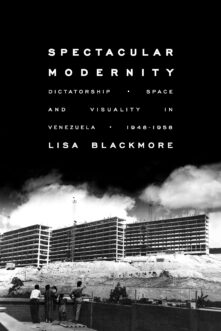
Spectacular Modernity
Dictatorship, Space, and Visuality in Venezuela, 1948-1958
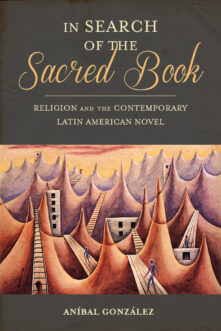
In Search of the Sacred Book
Religion and the Contemporary Latin American Novel
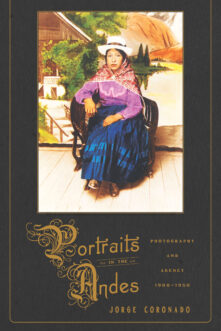
Portraits in the Andes
Photography and Agency, 1900-1950
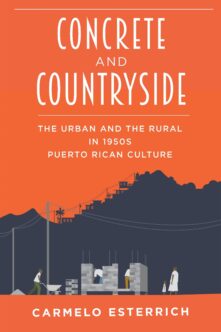
Concrete and Countryside
The Urban and the Rural in 1950s Puerto Rican Culture
Total 63 results found.


